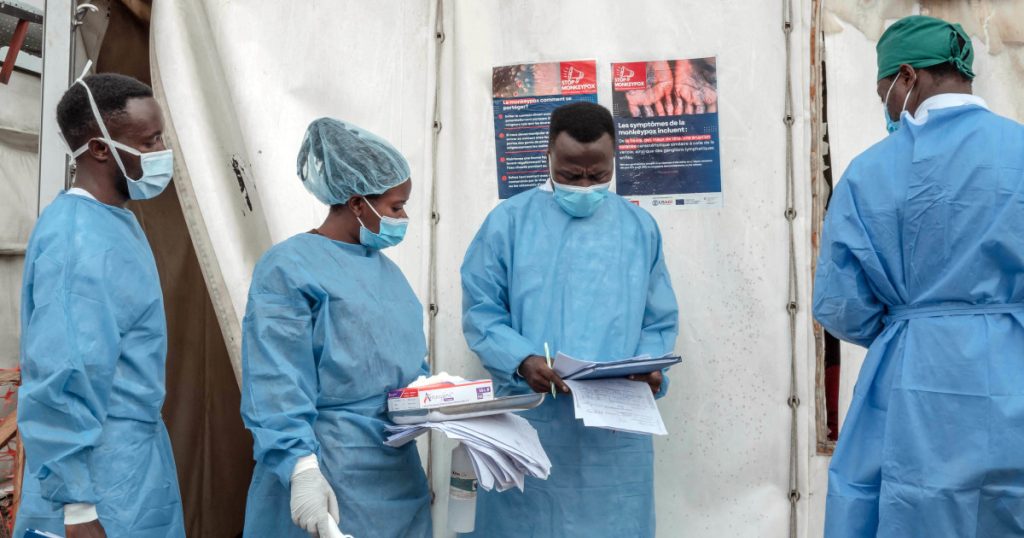Monkeypox, a highly contagious viral disease that causes flu-like symptoms and painful skin lesions, has become a global health emergency as cases surge in Central Africa. The virus spreads through close contact and is caused by two clades — I and II. Clade I generally causes more severe disease and deaths, while clade II tends to be milder and more transmissible. A new subtype of clade I called clade Ib has emerged in the Democratic Republic of Congo (DRC) in 2023, spreading rapidly to multiple countries.
The World Health Organization (WHO) declared monkeypox a public health emergency of international concern due to the growing outbreak in the DRC and neighboring African countries. The outbreak has already spread to 13 countries in Africa, including Burundi, Kenya, Rwanda, and Uganda. The emergence of clade Ib monkeypox, which transmits through sexual networks, has raised alarm among experts, prompting a coordinated international response to stop the spread and save lives.
Although the risk of the current monkeypox outbreak spreading to people in the U.S. remains low, cases of clade I monkeypox have been reported outside Africa, including in Sweden, the Philippines, and Pakistan. However, experts believe that the chances of a major outbreak in the U.S. are unlikely, given the limited number of travelers and lack of direct flights from affected regions. The U.S. Department of Health and Human Services stated that the risk to the general public in the U.S. from clade I monkeypox is very low.
Monkeypox mainly spreads through close contact with infected individuals, lesions, bodily fluids, and respiratory secretions. It can also be transmitted through contact with contaminated materials or infected animals. Symptoms of monkeypox include rash, fever, chills, fatigue, headache, muscle aches, and swollen lymph nodes. The rash typically progresses through various stages before healing, with lesions starting on the face and spreading to other parts of the body.
There is no specific treatment or FDA-approved antivirals for monkeypox, but most healthy individuals recover with supportive care. Vaccination is recommended for those at risk of exposure to monkeypox. Prevention measures include avoiding close contact with infected individuals or animals, practicing good hygiene, and seeking immediate medical care if symptoms develop. While experts do not foresee the need for lockdowns due to monkeypox, increased awareness and surveillance are crucial to control the spread of the virus.


